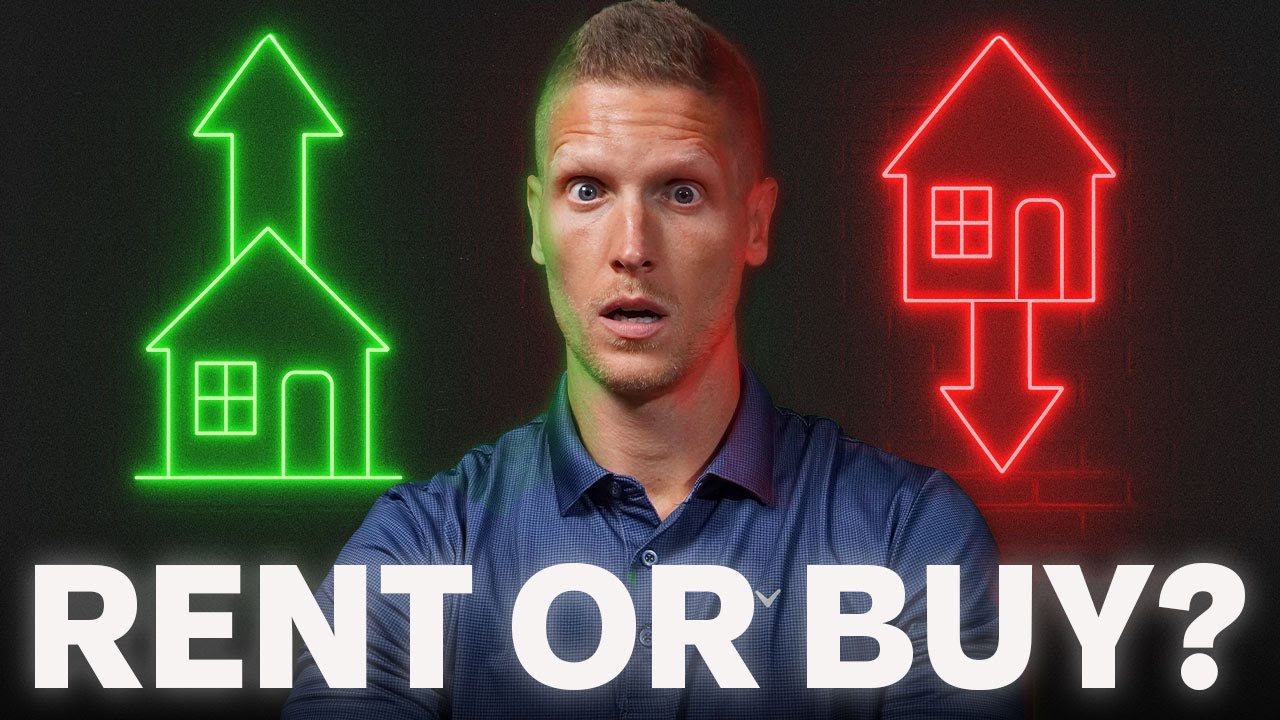Jeremy has a question for you guys. He says, "My wife and I are looking to buy our first house soon. We're considering financing for 15 years to get almost one percent lower of a rate with the plan to refinance later. Is this a generally good strategy? What do you think?"
Yeah, it's really interesting, Jeremy. We've been in this time period for the last decade or so where it hasn't made a ton of sense to go with 15-year mortgages. When you look at the difference between what you could get the rate on a 30-year versus what you could get a rate on a 15-year, they were all really, really low, and the spread between the two was not incredibly valuable. Now, in this last year or two, as we've seen interest rates begin to rise, I do think we're moving back into that place where 15-year mortgages may, in fact, be significantly more attractive than a 30-year mortgage. I think what you said here was one percent lower. I don't think that's crazy. I don't know that's a bad idea to consider looking at because you still have a fixed-rate mortgage. You're not going out and doing an adjustable rate where you have a lot of risk out there and you do have the opportunity should rates drop in the future; you can still refinance, which is an exciting option to have on the table.
Here's the cautionary tale that I would tell you. You have to make sure that if you do that 15-year mortgage and you run through the calculation, your monthly debt service does not exceed 25 percent of your gross income. Because if you are trying to stretch it, if you are trying to do that 15 year just to save an interest rate but you get yourself in a pickle where your monthly note is sucking up so much of your income that it can put you in a bad spot, you may find yourself in a place where all of your wealth is tied up in the house, and all of your free cash flow is going towards the house. I don't think that's where you want to be. If you've done the numbers, though, and the 15-year mortgage will still keep you in the correct threshold to stay below that 25 percent, I don't think saving one percent on interest rate is a crazy idea.
Did Jeremy give us his age? Because here's the thing, I want to be careful because we eat our own cooking. I mean, I make sure that whenever we give advice, we're walking the walk or we historically have walked the walk. And I think about all my big home purchases, and there is an intersection. Because I believe to my heart that 25 percent is the right amount for housing so that you don't end up in a house rich, life poor situation. However, if I'm being honest, there is an intersection point. This is a comment, especially if you're because I know a lot of you financial mutants, you're stem-type people. You're either in computer science, you're engineers, you're in finance, you know, you're doing something that probably has a lot of career opportunity. You need to know these are dangerous times. We have a lot of technology clients that right now, we've had some people losing their jobs. We've had people restructuring their jobs. It's scary out there. So, you've got to make sure you're on stable, conservative financial ground so you don't get yourself in a pickle of a situation where you're like, how was I such a knucklehead that I ran myself so thin? That's why we had the
Financial Order of Operations with emergency reserves and all the other things.
But I will tell you, if you're somebody who's in your late 20s, early 30s, and you're on this career trajectory where you're getting 15-20% pay raises every year, you do need to kind of look at this house. Because I've done this myself where I'll say the goal is 25% housing, but because of unique things that are going on the world, and because I'm considering a 15-year mortgage. Because, by the way, it is crazy that it's a one percent spread between these two, that does move that needle a little bit, especially when mortgage rates are 6% versus 5%. Man, that is psychologically and then financially, that's a big difference. But realize the payment on that 15 years will be substantially higher than that 30 years.
So, it's also going to mean that you're probably buying a smaller house with the same dollars because of the higher interest rate and the 15-year shorter amortization period from the traditional 30-year. But it might make sense. But I'm going to give you some grace because like I said, I want you to take into account the intersection of your career trajectory versus what is this as a percentage of your income? This could be one of those opportunities where maybe it is 30, especially with the interest rates having this weird arbitrage thing going on. So, make sure that you chart out and really risk-assess yourself on how stable is my job? And if there are two of you in the household working and both of you working really good strong fields, maybe it's better. But if you're the only person making money and you make a great income that's going to be hard to replace, be very careful because this is a cash flow commitment. And that leads to my third point, real estate decisions need to be 7 to 10-year decisions. That's great if you, Jeremy, if you cannot promise yourself that you can pay this for the next seven to ten years and you're going to be stable in the area, you can be stable in your job, stay the heck away from real estate because it will it will because it's still a scary time. But I want you to have the grace and all the things that you need to check the box on. And if you can do that, I think real estate can be a really powerful thing to wealth building but also peace of mind, and it's nice to have the roots to raise your family in it. But you just got to make sure you do your homework, do the due diligence so it doesn't make you regret and miss feel like you missed out on a lot of things you could have done because maybe you need to move to another job, or you've got house rich, life poor. There are lots of considerations there. Don't skip the steps, Jeremy. If you are doing the 15-year mortgage and you're thinking, 'Oh well, I'll just have the opportunity to refinance later on,' maybe that means that you have in your mind that rates are going to come down. Well, if you believe that rates are going to come down, that same truth would hold with a 30-year mortgage. If I do this 30-year mortgage and even if it is a percent higher but I believe that rates will decrease, I'll have an opportunity in the future to refinance down to a lower rate. So, I wouldn't unless you think that right now this 15-year is the best rate I'm going to get, I would be very careful stretching yourself too thin and putting yourself in a tight cash flow situation.
For more information, check out our
free resources here. 










